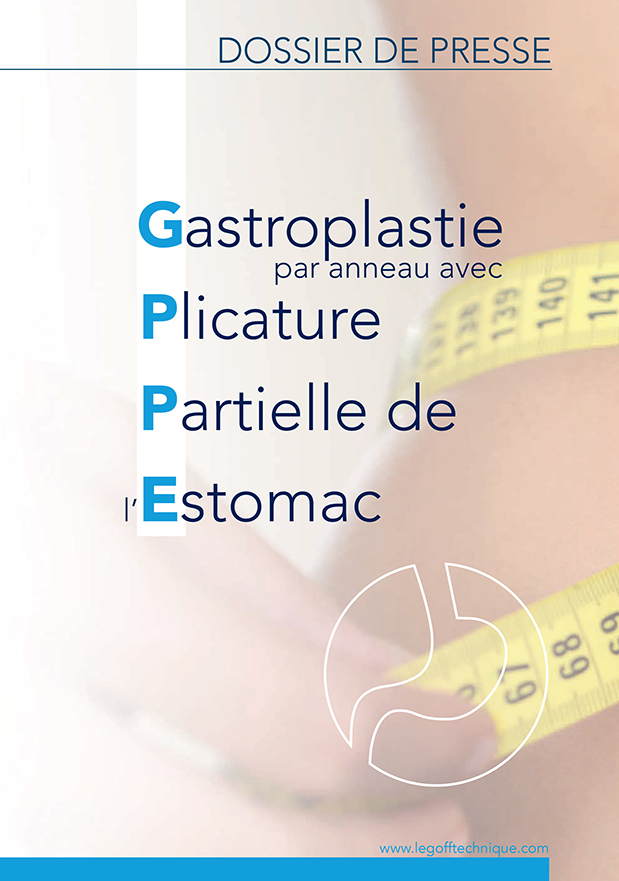Infantile obesity is now a worldwide crisis
Dr. Le Goff - Obesity surgeon in Paris
Dr. Le Goff bariatric surgeon
Infantile obesity is now a worldwide crisis
I discover, without much surprise I might add, the latest WHO figures showing that infantile obesity is reaching alarming levels throughout the world. It is now estimated that 41 million children under five are overweight or obese in 2014. Especially hard-hitting, the epidemic has exploded in developing countries, particularly Africa and Asia, so much so that obese children are now more numerous in these countries than in developed countries.
These new data, published in a Commission report on ending Childhood Obesity by the World Health Organisation (WHO), show that 48% of children under five affected lived in Asia and 25% in Asia.
In Africa, the number of obese or overweight children has doubled over the last 24 years, jumping from 5.4 million to 10.3 million.
The drama lies in the fact that in most cases, obese children are very likely to remain obese adults, leading to cardiovascular diseases, type 2 diabetes and asthma.
Obesity surgery in Paris
The consequences often unfortunately go beyond the simple health context and lead to psychological issues (low self-esteem) and social discrimination, the authors of the report note. “Obesity may also have an impact on success at school”, underlines Dr Sania Nishtar, co-president of the Commission.
This not a fatality, as in the United States, a wide-ranging prevention policy has significantly reduced the number of obese children aged 2 to 5, from 13.9% in 2004 to 8.4% in 2012.
For developing countries, the public health issue is exacerbated by the enormous cost that the obesity epidemic is placing on public finances, either through direct health spending, or indirect costs, for example loss of productivity.
The Commission formulates a series of recommendations to the WHO so that governments implement energetic preventive measures to halt the rising tide of obesity in children.
Prevention remains key as there is no question of resorting to bariatric surgery on young children.
Treating obesity
Treating obesity, including severe obesity, in children is firstly multidisciplinary, nutritional, psychological above all, and taking up physical activity (bike, swimming and other sports compatible with obesity). The psychological approach is essential in children to resolve the issues usually at the origin of the obesity. It is generally easier to treat these issues in children than in adults, and easier to resolve the psychological issues as they are far less ingrained in children.
However, when bariatric surgery is chosen, to significantly enhance weight loss, and when the multidisciplinary approach is not enough, the surgery must resolutely be reversible, conservative and non-mutilating. In this context, my method, gastroplasty with partial plicature known as the Le Goff Technique, is the reference surgical procedure indicated by the results, its non-invasive nature, the absence of deficiencies, zero post-operative mortality and excellent operative results. Doing sleeve or bypass surgery on adolescents, procedures which are irreversible, with considerable complications and lead to non-negligible nutritional deficiencies, appears to me entirely unreasonable. Let us mention the crazy example of bypass surgery performed on a 4 to 5 year-old in Saudi Arabia.



